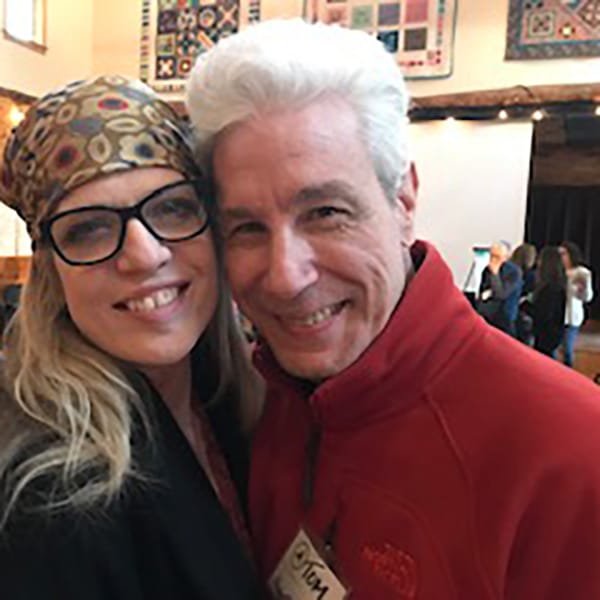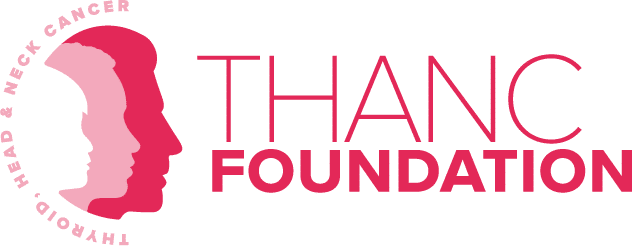
I was 61 years old when my ear, nose and throat doctor thought something in my throat looked strange. When I heard the words that I had HPV-positive throat cancer I was scared, but my first thought was, “well, it’s my turn.” I knew then that I had a long journey ahead of me.
Although the news was shocking, the way my doctor calmly and kindly spoke to me put me at ease. I was so grateful for the entire medical team who took care of me. They were extraordinary. My surgeon explained that I was a candidate for robotic surgery to remove my tonsil and some soft palate. It was incredible for me to think about just how advanced the technology was. Just before my operation, my doctor came to speak with me, which put me at ease and meant so much.
I lost my voice, dropped 30 pounds and lost my sense of taste. But the good news is I finished my treatment…
The surgery was a success, but for several days afterward I was in considerable pain. Later, I underwent chemotherapy and radiation on my throat for 33 days, without a break. Radiation effects are cumulative, and my pain and discomfort increased over time. Following my treatment, I had a number of side effects. I lost my voice, dropped 30 pounds and lost my sense of taste. But the good news is I finished my treatment two years ago and the only remaining effect is some mild numbness in my face and neck.
While a cancer diagnosis is a tremendous shock, I tried to process the experience in a positive way. I framed each part of my journey—from diagnosis, to treatment, to recovery—as an opportunity to develop and overcome each obstacle. I told myself this would be a war—a battle—but that I would make the most of the situation and that I would win!
Despite being scared during many parts of treatment and facing physical pain, I made a conscious effort to focus on being happy and grateful. Several personal habits helped me get through treatment. I kept a journal, which helped me process my emotions and thoughts. I was also in good physical shape going into the treatment. I meditated (which is helpful in times of stress) and I always tried to express gratitude for people in my life. But it wasn’t always easy, and I faced many challenges. My wife, my family, and my expert medical team were crucial emotionally and in practical terms, like coordinating the logistics of treatment—prescriptions, medications and appointments.
Paying it forward has also helped me process the experience. I’m grateful for the opportunity to mentor other individuals during their treatment and be part of their support network.
To anyone at the beginning of their cancer journey—know that you are not alone.
A cancer diagnosis and treatment can be an uphill battle, but there are ways to help you navigate through the experience. Try to frame the journey as an opportunity to learn and grow. Be sure to have someone—whether it’s one person or many—with you for support and to help organize the information that may be thrown at you.
But, most importantly: recognize and accept that cancer treatment is now part of your life’s journey and it is up to you to frame the experience in the most positive way possible. Build a network of support, allow people in your life to love you, and try to bring light and gratitude to them and to your medical team. They are all heroes.

Will You Share Your Journey?
April is Oral Cancer Awareness Month. As part of that theme, we post stories written by oral cancer survivors, caregivers and medical professionals for our 30 Stories in 30 Days™ campaign. The insights they share can help others along their journey.


